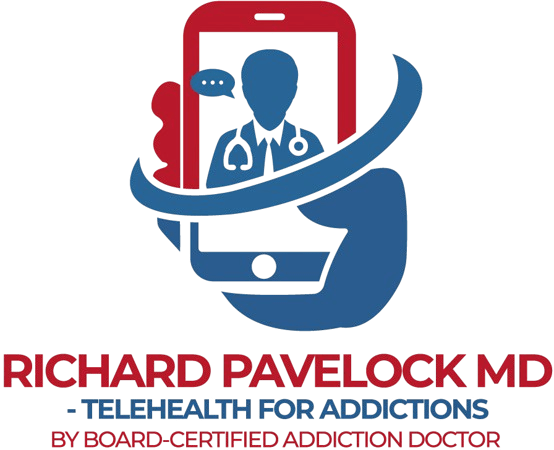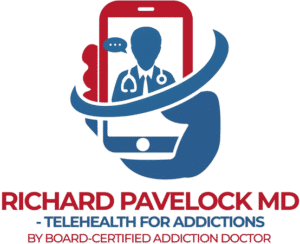Q1. What role does family support play in opioid addiction recovery?
Family involvement can significantly enhance the recovery process. Engaging with family therapy sessions helps address relational issues and strengthens the support network essential for long-term recovery.
Q2. How do you handle relapse prevention?
We prioritize relapse prevention by equipping patients with coping strategies, ongoing support, and continuous monitoring. Tailored plans include identifying triggers, enhancing emotional resilience, and ongoing counseling.
Q3. What are the psychological therapies available for treating opioid addiction?
Besides medication, we offer cognitive-behavioral therapy (CBT) and motivational interviewing, which help modify patients’ thinking patterns and increase motivation toward recovery.
Q4. Can treatment for methamphetamine addiction differ from opiate addiction treatment?
Yes, treatment strategies can vary significantly between different substances, according to the latest ASAM guidelines. Both cocaine and methamphetamine can be treated with medications that should only be prescribed by a board-certified addiction doctor.
Q5. Is it possible to receive treatment for multiple substance addictions simultaneously?
Absolutely. Our treatment programs are designed to address poly-substance abuse by assessing the unique needs of each individual. We create a comprehensive plan that addresses all substances the patient is dealing with, employing a combination of medication-assisted treatment and therapy.
Q6. What is the importance of a personalized treatment plan in opioid addiction recovery?
Personalized treatment plans are crucial as they consider the patient’s specific needs, history, and goals, which increases the effectiveness of the treatment and enhances the likelihood of successful recovery.
Q7. How do you ensure confidentiality in drug and alcohol addiction treatment?
We adhere to strict confidentiality protocols to protect patient information. Our telehealth platform complies with HIPAA regulations, ensuring that all patient interactions and records are kept secure.
Q8. What should patients expect during their first consultation?
The initial consultation involves a comprehensive assessment of the patient’s medical history, addiction severity, and personal circumstances. This session helps us create a customized treatment plan tailored to the patient’s needs.
Q9. Are there any specific activities or therapies offered to improve mental clarity and emotional stability during recovery?
We incorporate activities such as guided meditation, yoga, and therapeutic writing, which have been shown to improve mental clarity and emotional stability, aiding the recovery process.
Q10. How does telehealth enhance the treatment process for patients with addiction?
Telehealth provides flexibility, removes transportation barriers, and ensures patients have consistent access to care. This method allows for regular follow-up, immediate support during crises, and better management of treatment plans.
Q11. Will I always see the same doctor for my treatment?
Yes, you will always be seen by Dr. Richard Pavelock for both medication management and therapy for continuity and a deeper understanding of your treatment needs.
Q12. How do I schedule an appointment with Dr. Richard Pavelock?
To see Dr. Richard Pavelock, a board-certified addiction doctor, please call us anytime at 206-495-0724 and inform our care coordinator of your request.

